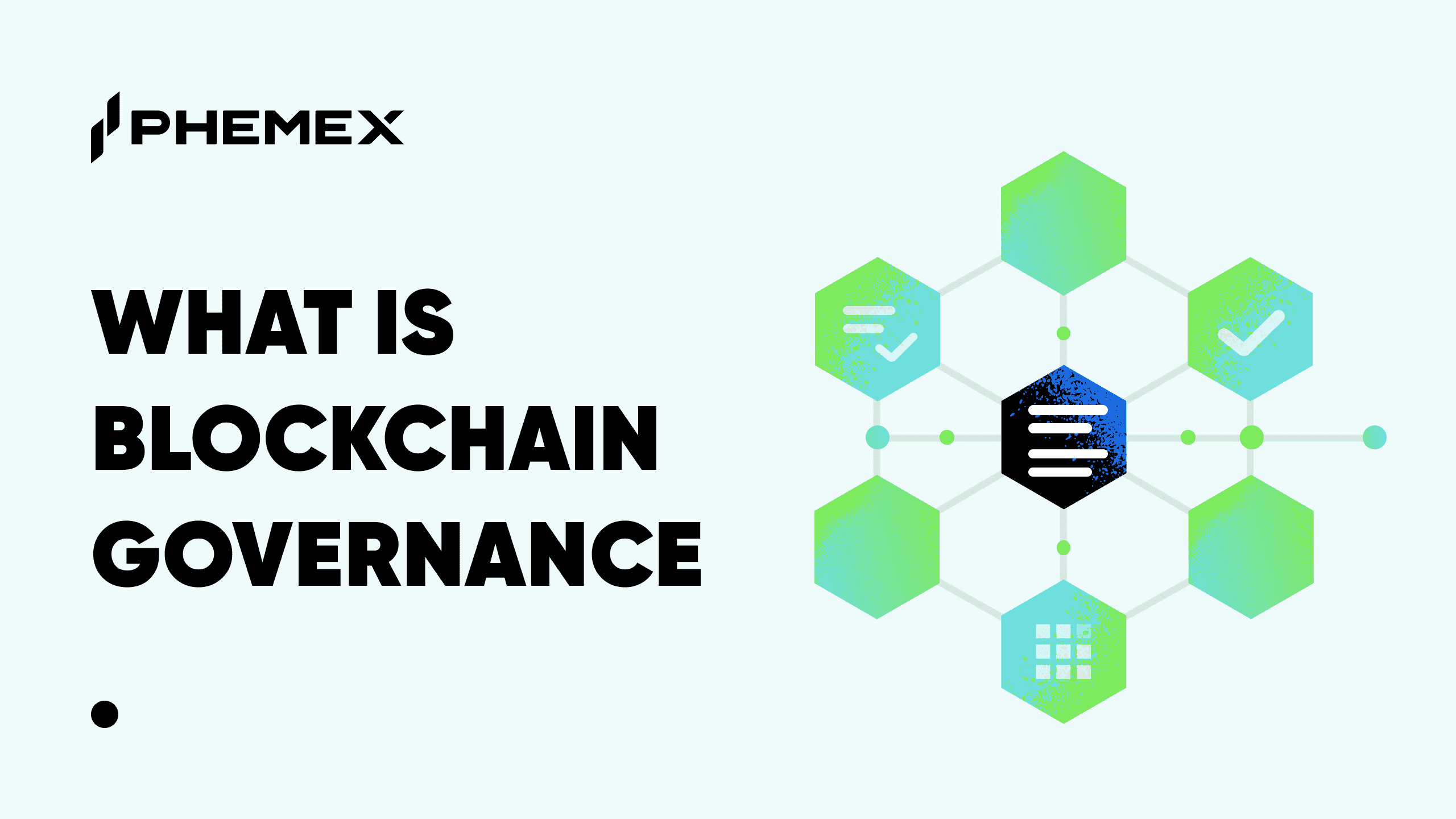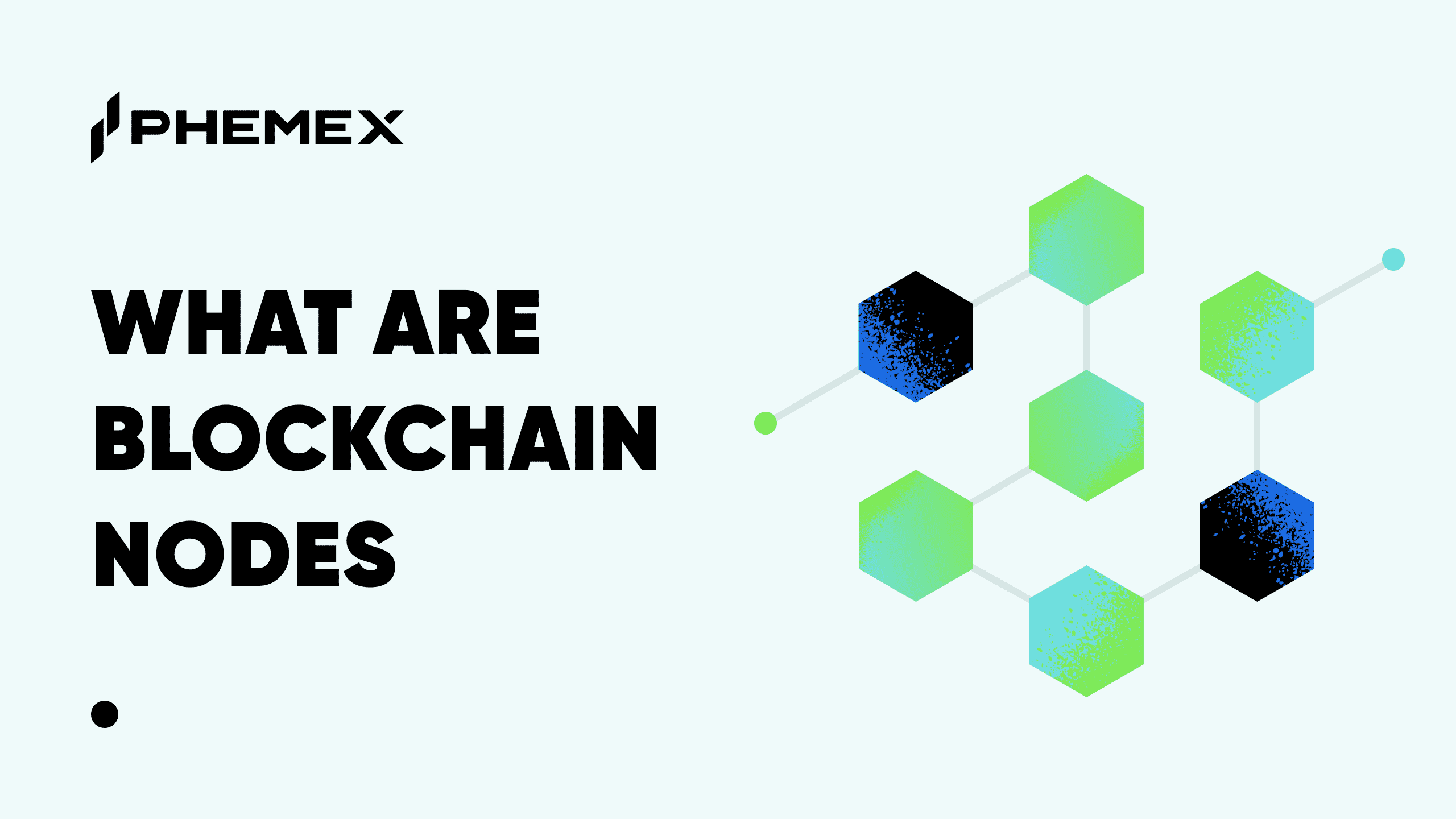A smart contract is a program stored on a blockchain that runs when the predetermined conditions are met. It is simply a collection of code and data. Developers deploy the smart contract on a blockchain network to execute specific functions. Many platforms have their own smart contracts that provide various automated and custom services for users.

What are the top platforms for using smart contracts?
Ethereum is the world’s leading smart contract platform and is the top choice for most developers. Besides Ethereum there are other platforms like Hyperledger Fabric, Nem, Stellar, Waves, Polkadot, Solana, EOS, RSK, Ardor, Polygon, Telos, Tezos, Algorand, Cardano, and Cosmos.
What Are the Use Cases for Smart Contracts?
Since the launch of the Ethereum (ETH) blockchain, the use of smart contracts has grown exponentially, and it is expected to grow even further. In 2019, the global smart contracts market had a market size of $107 million. A report estimates that it will increase by more than 300% to $345 million by 2026. The rise in market size is due to the increased adoption of smart contracts in various industries as enterprises begin to implement this technology for a variety of applications. These include data management, supply chain management, healthcare, insurance, government administration, property ownership, escrow, and automobiles.
Data Management
Every business requires its employees to keep records of their communications, messages, and transactions. For example, those working in the procurement department have to keep records of purchase orders, and those in the human resources department have to maintain records such as interviews, employee health records, and complaints. Generally, employees keep these records in paper form or manually input the data into machines and store them in the cloud or on company servers.
How do smart contracts provide a solution to data management?
To share the information among different departments or businesses, employees have to send the documents over the internet or deliver the paperwork by hand. After submitting a request, sometimes companies have to endure a long period of back-and-forth, wait for approvals, and other internal or external issues to pass before receiving a reply. Blockchain technology offers a solution in the form of a public ledger. This is where smart contracts come in.
Developers can program smart contracts to streamline the data recording process by doing all of it automatically. The smart contract enables uniform and transparent data-keeping across departments. The automatic data collection process eliminates the need to exchange documents by hand or email, thereby saving time. Additionally, the transparency of how the data is stored saves auditing costs. The data is clear and immutable, so the chances of the stored data being edited through fraud or error are nearly impossible.
Supply Chain Management
Supply chain management refers to managing the flow of goods and involves the exchange and record of data and physical items. Like data management, supply chain management also suffers due to the traditional paper-based systems that many businesses still use. Many documents and items get passed through multiple channels for approval along the supply chain, increasing exposure to loss and manipulation.
How can smart contracts reduce risks in Supply Chain Management?
The implementation of blockchain technology and smart contracts can reduce the risk of lost items and manipulation, as the transparency of the data leads to fewer opportunities for fraud. Additionally, smart contracts can use the data from sensors to track the location of goods and record their information during delivery. Therefore, if an item is lost or stolen during transit, smart contracts can detect the location. Also, smart contracts can automate payments and routine tasks, such as delivery timetable planning and inventory checking, which saves time and resources.
An example of a company that uses blockchain technology and smart contracts for supply chain management is De Beers, an international corporation specializing in the diamond industry. It uses its blockchain platform called Tracr to facilitate the supply and logistics of the company. De Beers uses smart contracts to monitor the diamond production process and track the transit of diamonds from the mine to retail outlets. However, one drawback of this system is that it still relies on manual entry of data into the system as some diamonds may need to be cut by hand and checked manually along the way.
The CEO of De Beers stated that the company has a solution for this issue. In the Tracr system, the diamonds’ tracking information is supported by their metadata from previous stops such as physical attributes. Moreover, the company utilizes both referral and automated matching from previous diamond scans to ensure that the information of the diamonds are of the highest quality.
Healthcare
Similar to data and supply chain management, blockchain technology and smart contracts save time and costs for the medical industry by doing away with paper-based systems and nonsecure data servers. With blockchain, companies store encrypted personal health records of patients on the network. Smart contracts can automate the storage and transfer of health records across institutions and departments in a secure and privacy-friendly way through asymmetric encryption. Only relevant individuals, such as doctors have the private key that grants them access to the patients’ private information.
Two ways to implement smart contracts for the Healthcare Industry
Companies that implemented blockchain technology and smart contracts for the healthcare industry include:
- Encrypgen, a platform for the sharing, storing, buying, and selling of genetic information, utilizes smart contracts to transfer patients’ DNA data to researchers for clinical trials. The company protects its users’ privacy by stripping the users’ identity, email, and other sensitive information from the DNA before selling the genetic information as tokens.
- Robomed, a company that collects patient information using chatbots and diagnostic tools, shares it with the patients’ medical team. The company uses smart contracts to monitor a patient’s condition and automatically pay clinics once the medical service reaches a predetermined efficiency level.
Insurance
Insurance is one of the industries that makes the most use out of smart contracts. A report projects that the market for blockchain in insurance will reach $1.4 billion in 2023. When a person applies for insurance, the most important component to take note of is the formal agreement between the insurance company and the insured person. The agreement lists all terms and conditions and details the type of coverage available to the insured person.
These terms and conditions can be coded into smart contracts and then deployed over the blockchain network. The smart contract will require adequate data during the setup process to make the correct decisions, such as driving records for automotive insurance and health records for medical insurance. Then, when an event happens and triggers the insurance policy, the smart contract executes and completes payments or settlements to the insured person automatically.
What are the insurance companies that have implemented smart contracts?
Insurance companies that have implemented blockchain technology and smart contracts include:
- Lemonade, a company that offers insurance to renters and homeowners, takes a fixed fee from the monthly payment and puts the money towards future claims. If a renter makes a claim, the company’s smart contracts will immediately try and verify the claim. Once the smart contract confirms the loss, the renter gets paid within seconds.
- Fizzy, a subsidiary under AXA, the global insurance company, handles insurance related to flight delays. The company provides a flight delay insurance tool that uses blockchain technology to check if a flight has been delayed. Once the tool confirms that a flight has been delayed for over two hours, a smart contract automatically compensates passengers.
Government Administration
According to a 2019 report by the Organization for Economic Co-operation and Development (OECD), only 45% of citizens in OECD countries trust their government. This low trust factor is because of the lack of openness and efficiency of some governmental institutions. Blockchain technology removes this barrier of mistrust and inefficiency by implementing the core ideas of decentralization, transparency, and security in the public sector and state affairs. Currently, many governing authorities have or are in the process of implementing smart contracts to automate operations to increase efficiency, cut costs, and reduce corruption.
How Smart Contracts support government resources?
One example is the eGOV-DAO, a prototype smart contract that can provide automated e-government services. The smart contract monitors, analyzes, and automatically manages some government operations. It also keeps audit records for transparency purposes in court proceedings. Once fully implemented, the smart contract can solve the inefficiency of traditional systems that require a great deal of human labor and interaction between institutions.
Property Ownership
Smart contracts can also streamline the transfer of property ownership. Various countries, such as Sweden, Russia, and Ghana, have already implemented blockchain-based pilot projects to register property titles.
Smart Contracts and NFTs for Property owners
As blockchain allows the creation of non-fungible tokens (NFTs) as proof of ownership, property buyers and sellers can purchase and sell property with confidence. Smart contracts then handle the verification of the identity of the relevant parties, the payment for the property, and automatic registration of the property on behalf of the new owner.
Escrow Process
Escrow refers to a legal agreement where a third party holds a specified amount of funds on behalf of two other parties in the process of completing a transaction. It helps prevent fraud and reduces risk on both sides of a transaction and is used by the real estate industry and freelancing websites. In addition, enterprises can utilize smart contracts to facilitate the escrow process by making it transparent and automated.
For example, suppose a freelance developer accepts a job from a company to write code for their website. Once the freelancer submits the work and the company verifies it, the smart contract automates the payment securely, without the need for a third party. Additionally, the payment is tamper-resistant and irreversible, preventing fraud.
Automobile Industry
Smart contracts can also be implemented in the automobile industry to simplify many aspects of driving and owning a vehicle. Smart contracts can automate payment for vehicle-related activities such as maintenance, driving through toll gates, and insurance. For example, smart contracts enable car insurance payments based on usage instead of fixed premiums. With autonomous vehicles, smart contracts can even analyze the data from the sensors and determine the cause of accidents and the party at fault. Additionally, the purchase and selling of vehicles may function the same as real estate, where the smart contract automates payment and vehicle registration on behalf of the new owner.
Conclusion
The adoption of smart contracts has skyrocketed since the launch of the Ethereum blockchain. Smart contracts are simple autonomous programs that many companies have begun to use to replace traditional and time-consuming systems. These programs have seen real-world usage in applications such as data management, supply chain management, healthcare, and insurance. Additionally, many organizations and agencies are in the progress of adopting smart contracts and blockchain technology for the automobile industry, government administration, property management, and the escrow process. The transparency, speed, and security that smart contracts offer are a major advantage, as they save time and money for both consumers and businesses.
Read More
- What Are Smart Contracts on the Blockchain?
- What are Blockchain Applications and Use Cases?
- Careers in Blockchain: Techies, Lawyers, Crime Hunters, and Beyond
- What Are Decentralized Applications (dapps)?
- What is Contract Trading: How to Trade Crypto Derivatives on Phemex
- Real Estate Blockchain: Can You Buy Houses With Crypto?
- Blockchain Analytics: 11 Free Crypto Research Tools You Need
- What is Blockchain Technology: The Biggest Misconception About It







